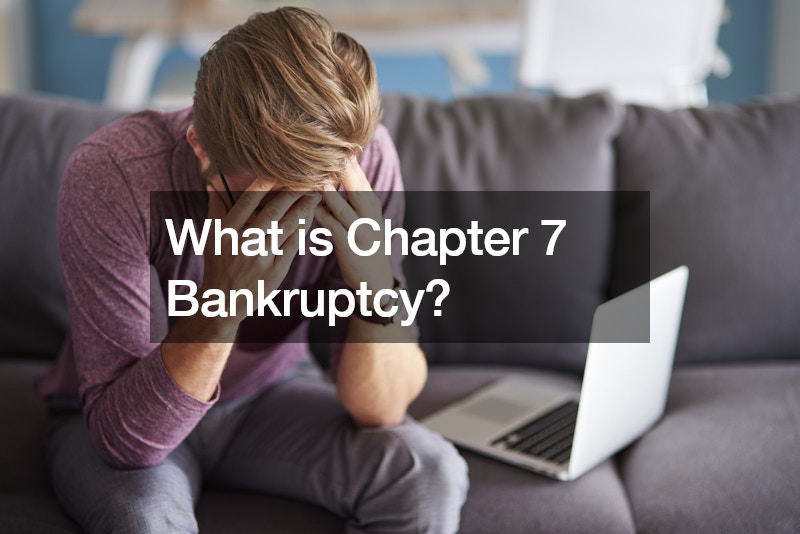
Chapter 7 bankruptcy, commonly known as liquidation bankruptcy, is a legal process that allows individuals or businesses to discharge most of their debts by liquidating their non-exempt assets. In this type of bankruptcy, a court-appointed trustee oversees the liquidation of assets, with the proceeds distributed to creditors to satisfy outstanding debts.
Individuals or businesses filing for Chapter 7 bankruptcy typically seek relief from overwhelming debt and a fresh financial start. It offers a way to eliminate unsecured debts such as credit card balances, medical bills, and personal loans, providing much-needed relief to debtors facing financial hardship. However, certain debts, such as student loans and child support payments, are generally not dischargeable under Chapter 7 bankruptcy.
A Chapter 7 bankruptcy lawyer can provide invaluable guidance and representation throughout the bankruptcy process. They can help individuals understand their rights and obligations, navigate complex legal procedures, and ensure that their interests are protected. Additionally, a lawyer can advise clients on alternatives to Chapter 7 bankruptcy, such as debt consolidation or Chapter 13 bankruptcy, if applicable.
Overall, Chapter 7 bankruptcy offers a viable solution for individuals or businesses struggling with overwhelming debt. By liquidating non-exempt assets and discharging eligible debts, debtors can achieve a fresh financial start and work towards rebuilding their financial future. Consulting with a knowledgeable Chapter 7 bankruptcy lawyer is essential for navigating the process effectively and maximizing the benefits available under the law.

